Prepping your home

Fill your space with supplies and essentials before your dog arrives to help them feel comfortable and safe from the start.
The first night together can be a big change for everyone, and preparing beforehand can help ensure a seamless transition.
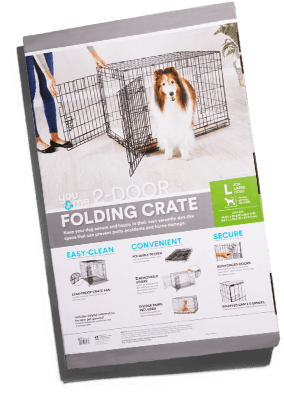
A bed or a crate for them to sleep in helps them feel safe in their new home.
Shop Crates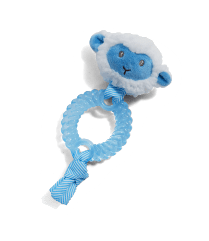
Help reduce stress and anxiety they may experience with interactive toys and long-lasting chews.
Shop Toys & Chews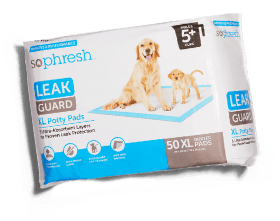
Help reduce accidents by taking your new puppy potty shortly after eating, drinking, waking up or playing.
Shop Potty PadsNutrition is the foundation of your dog's physical health.
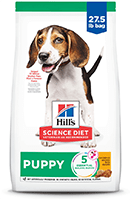
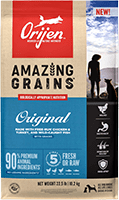
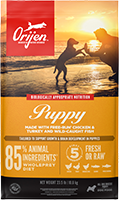
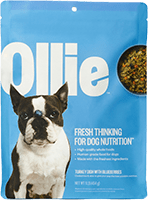

Quality nutrition helps your dog have healthier skin, a shinier coat and improved vitality and longevity.

When looking for dog food, consider your dog's age, health needs, such as food sensitivities or weight management, and choose a recipe that suits their specific lifestage. Opt for dog food with high-quality ingredients and a complete and balanced recipe.

Build a balanced bowl with quality nutrition and toppers to help ensure a healthy diet.

For healthy skin, a shiny coat, improved vitality and longevity.

Opt for dog food with high-quality ingredients and a complete and balanced recipe.
*See how Petco defines artificial ingredients at petco.com/nutritionstandards.

Help ensure a balanced diet with quality food, toppers and treats.
Finding experts you trust who provide a variety of services and solutions can help you provide for your dog's every need so they stay healthy.
Support their social health to help them make friends and gain confidence for all their firsts in new environments.
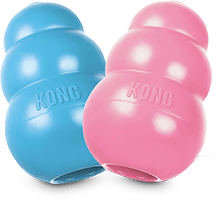
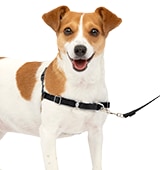
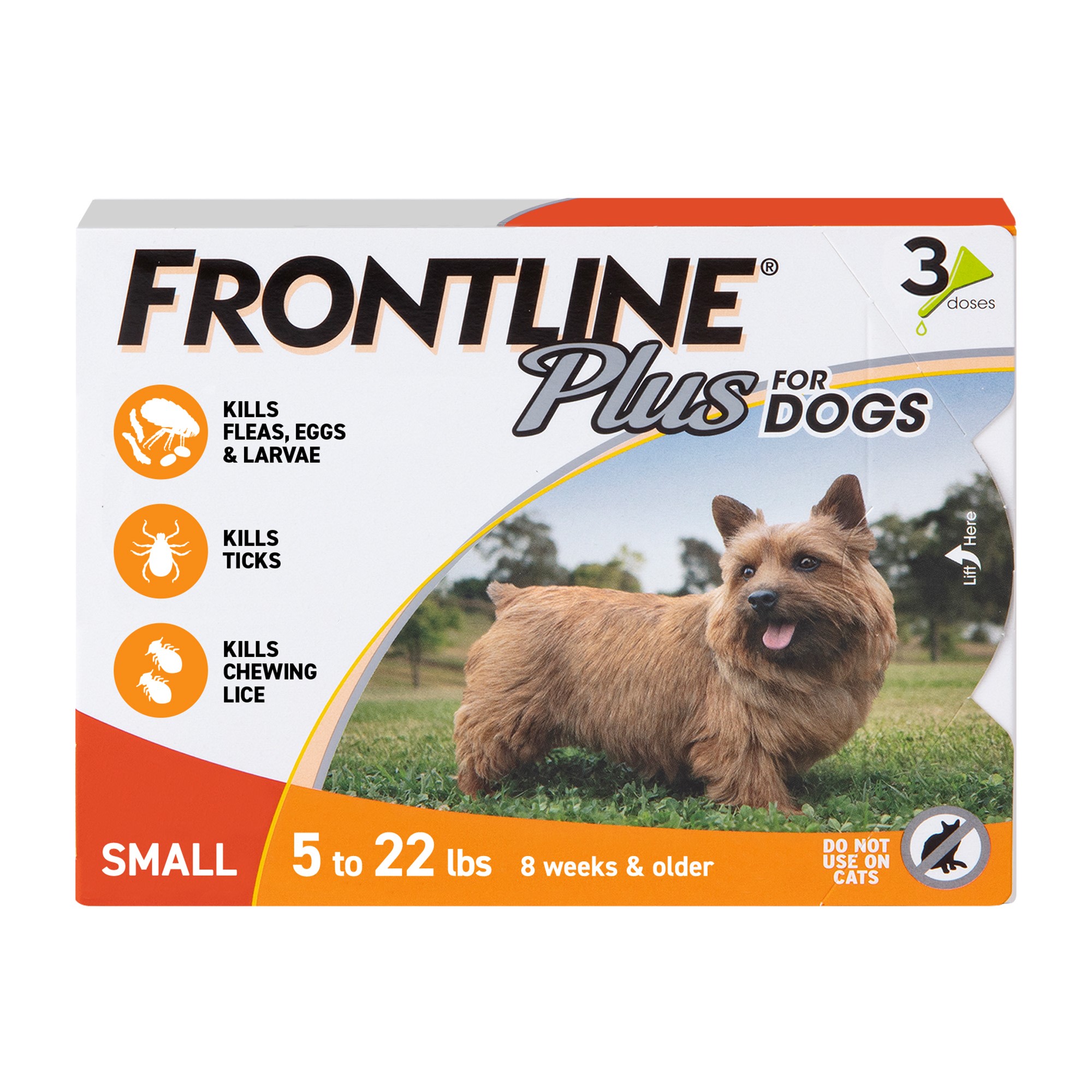
Use a preventive treatment to help protect your pup from fleas & ticks.
Shop Pest Protection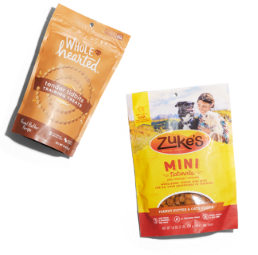
Encourage and reward desired behaviors like loose-leash walking.
Shop Training Treats
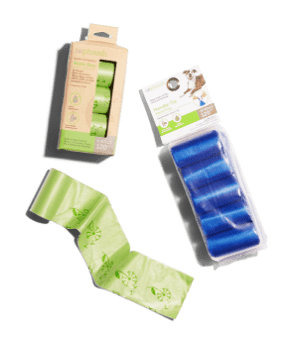
Should be readily available so you're always prepared for cleanup.
Shop Waste Bags & Dispensers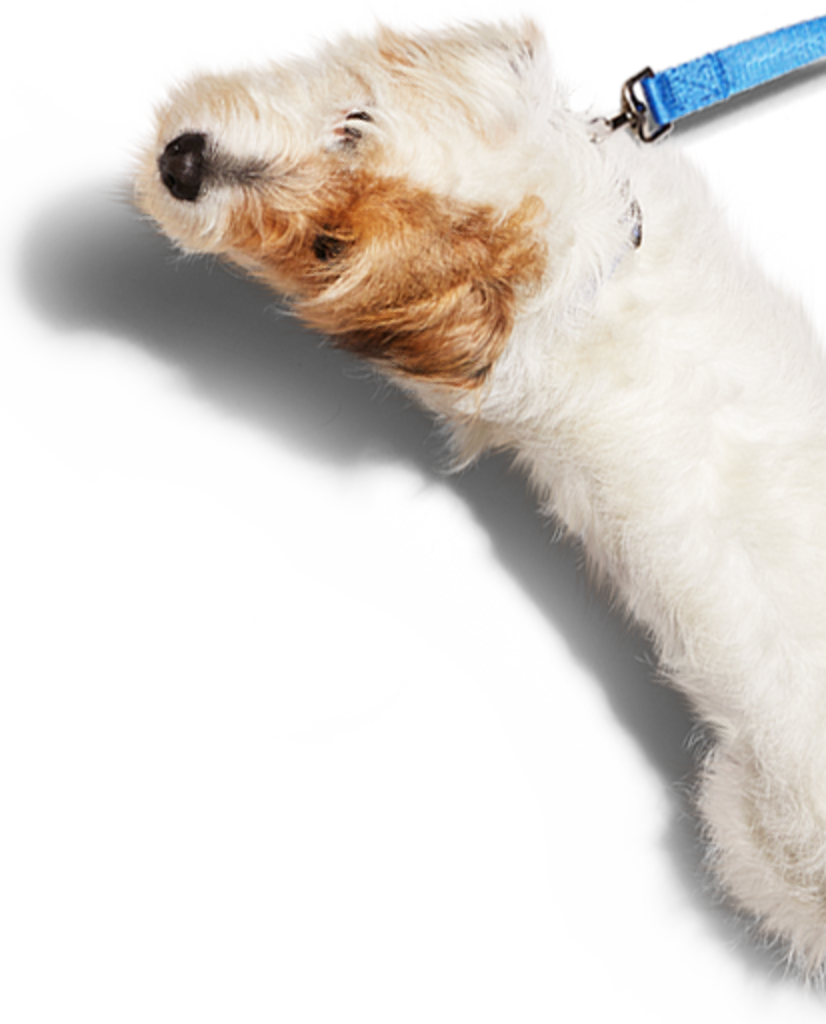

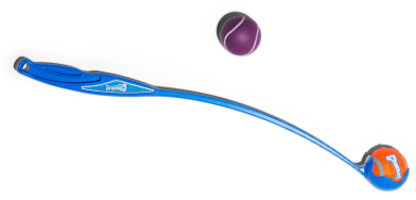
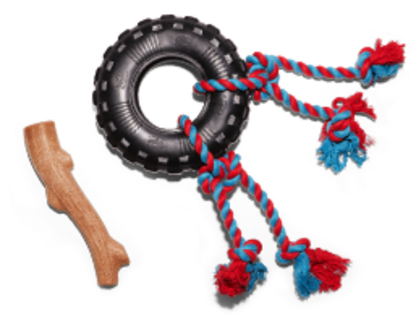
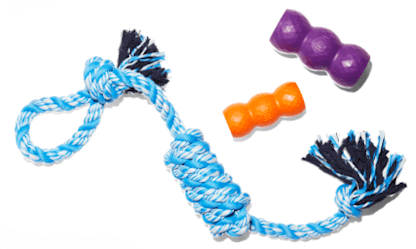
Help stimulate and enrich their mind to support their mental health and wellbeing.
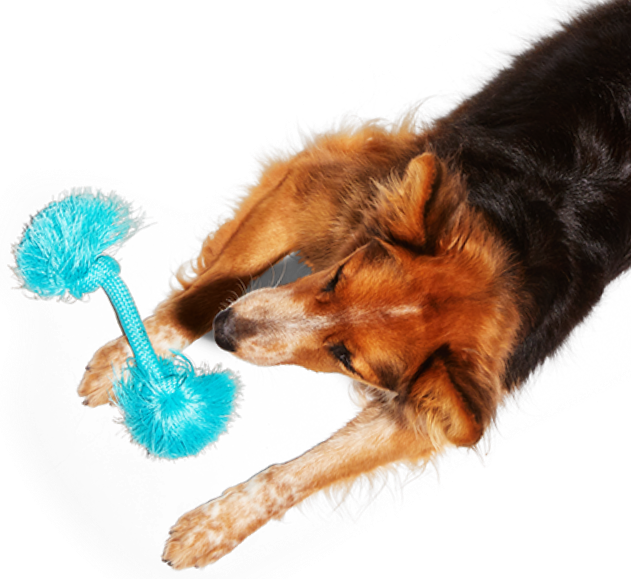

Learn the proper way to trim your new dog's nails; doing this every few weeks will help keep them at a safe and comfortable length.
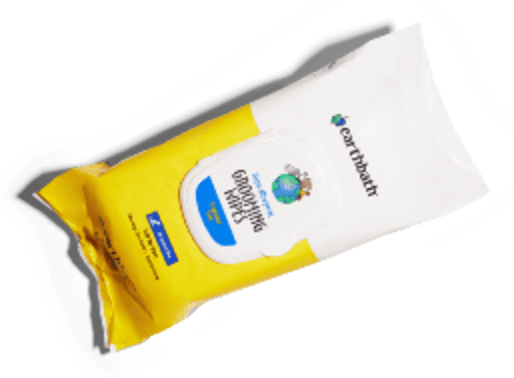
Help freshen up their coat and reduce tear staining between baths with convenient, on-the-go wipes.
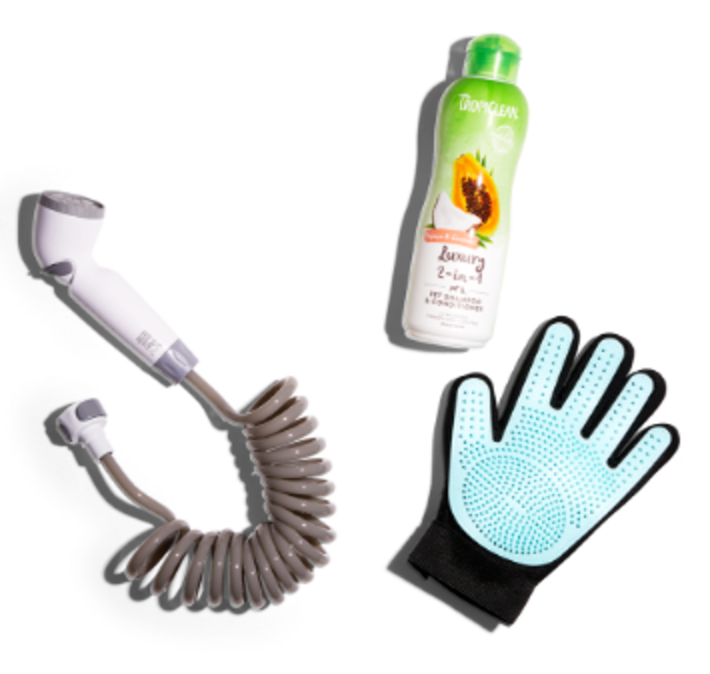
Provide care to meet their coat's specific needs by bathing with shampoo and conditioner and using breed-specific grooming tools.
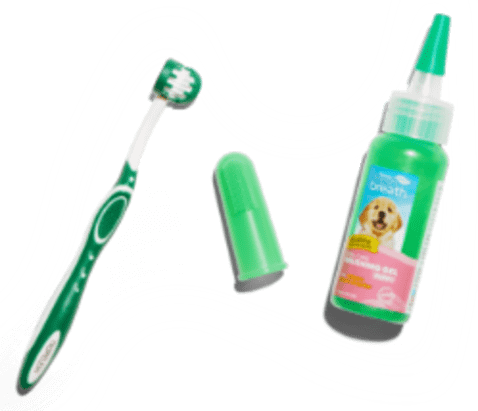
Help prevent dental disease, which occurs in 80% of dogs,* by providing a consistent dental routine.
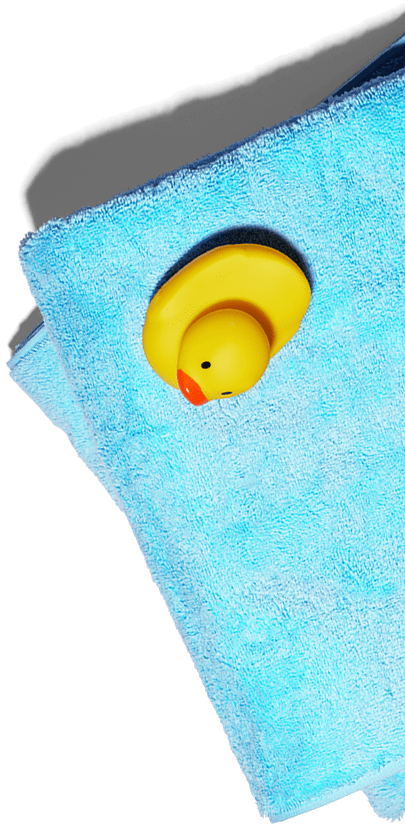
Help support their physical and mental health by providing the care and stimulation they need.
Visit us in store for tips and advice from our knowledgeable partners, and get a Whole Health Check that offers personalized product and service recommendations for your dog's specific needs.*
Find a Store*Our Whole Health Check is not a substitute for routine vet exams.
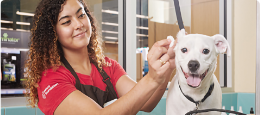

Colleen Seigler,
Petco Grooming Academy Instructor
The best way to help ensure a positive grooming experience is to bring your dog in early so they get used to being handled.


Chloe Sternlicht,
Petco-Certified Dog Trainer
I often recommend crate training to new pet parents. A crate can help their dog feel safe and comfortable while supporting successful potty training.


Dr. Whitney Miller,
DVM, MBA, DACVPM, Petco Chief Veterinarian
Regular vet exams are essential to pet care. Even if your dog is healthy, routine exams help you catch and treat issues before they become larger issues.
Vital Care helps make maintaining a routine easier and more affordable.
Dog training helps encourage desired behavior and strengthen your bond.
Regular grooming and bathing helps keep their skin & coat clean.
Catch issues early, track development and gain health insights.
If you're welcoming home a new puppy, having the right supplies on hand will help you both feel more comfortable. We recommend the following puppy products: puppy food, puppy treats and food and water bowls, potty pads, waste bags and cleanup products; toys; a collar, harness, ID tag and leash; a crate; a bed; puppy shampoo and appropriate grooming tools.
Whether you've adopted or are welcoming an older dog into your family, there are a few essential supplies that will help your new dog feel right at home. We recommend getting dog food, dog treats and food and water bowls; waste bags and cleanup products; toys, including interactive puzzle toys; a collar, harness, ID tag and leash; a crate; a bed; shampoo and appropriate grooming tools.
Entering a new environment can be overwhelming for a new dog or puppy. Meeting new people, smelling new things and experiencing a new environment can be overwhelming, so if you can plan to have the first full day at home with your new pooch, that would be best. To help them make the transition to their new space, start by creating a welcoming space before they arrive. Be sure to at least have a comfortable bed, size-appropriate crate, some toys and food and water bowls. When they come home, allow them to explore their new home under supervision, taking it one space at a time. Keep new meetings, of both people and other pets, to a minimum until they begin to gain confidence.
How quickly a dog bonds with their pet parent will differ for each dog. However, you can help build trust and forge a bond by spending more time with your dog through playtime (both indoors and outside), giving them treats (ensure treats do not make up more than 10% of their overall diet) and training them.
It's best to keep your dog in a crate in your bedroom for the first few nights. This helps establish important boundaries while also letting your puppy know that you are nearby should they need you. Crate training can also help with the potty training process.
Many factors will impact how long your puppy can hold their bladder. To reduce the likelihood of nighttime accidents, try crate training your puppy so they can tell you when they need to go. Be sure to reduce their food and water intake right before bedtime and take them outside right before they go to sleep. Within a few months, you'll notice your pup being able to go longer stretches before needing to go outside.
Puppies who are 10 weeks old or younger will likely need to wake up in the night to go to the bathroom and, if left to their own devices, may decide the middle of the night is a great playtime! However, by beginning crate training early, your pup will be more likely to associate time in their crate with rest time, only waking you up when they need a potty break.
Before bringing home your puppy, be sure to stock up on the basics like puppy food, puppy treats and food and water bowls, potty pads, waste bags and cleanup products; toys; a collar, harness, ID tag and leash; a crate; a bed; puppy shampoo and appropriate grooming tools.
You'll also want to consider booking their remaining vaccinations with a veterinarian and looking into dog training options.
New Cat Owner Essentials
Husky Puppy Essentials
Gifts For New Puppies
Puppy Breeding Supplies
Newfoundland Puppy Supplies
Must Have Dog Items
Dog Training Essentials For Small Dogs
Dog Potty Training Essentials
Dog Training For Beginners
Presents For Puppies
Dog Walking Essentials
New Kitten Supplies
Pet Starter Kits
First Apartment Pet Essentials
Puppy Food
Mini Goldendoodle Supplies
Pet Camping Trip Supplies
Apartment Friendly Pet Essentials
Puppy Bag Carrier
Doggy Daycare Supplies